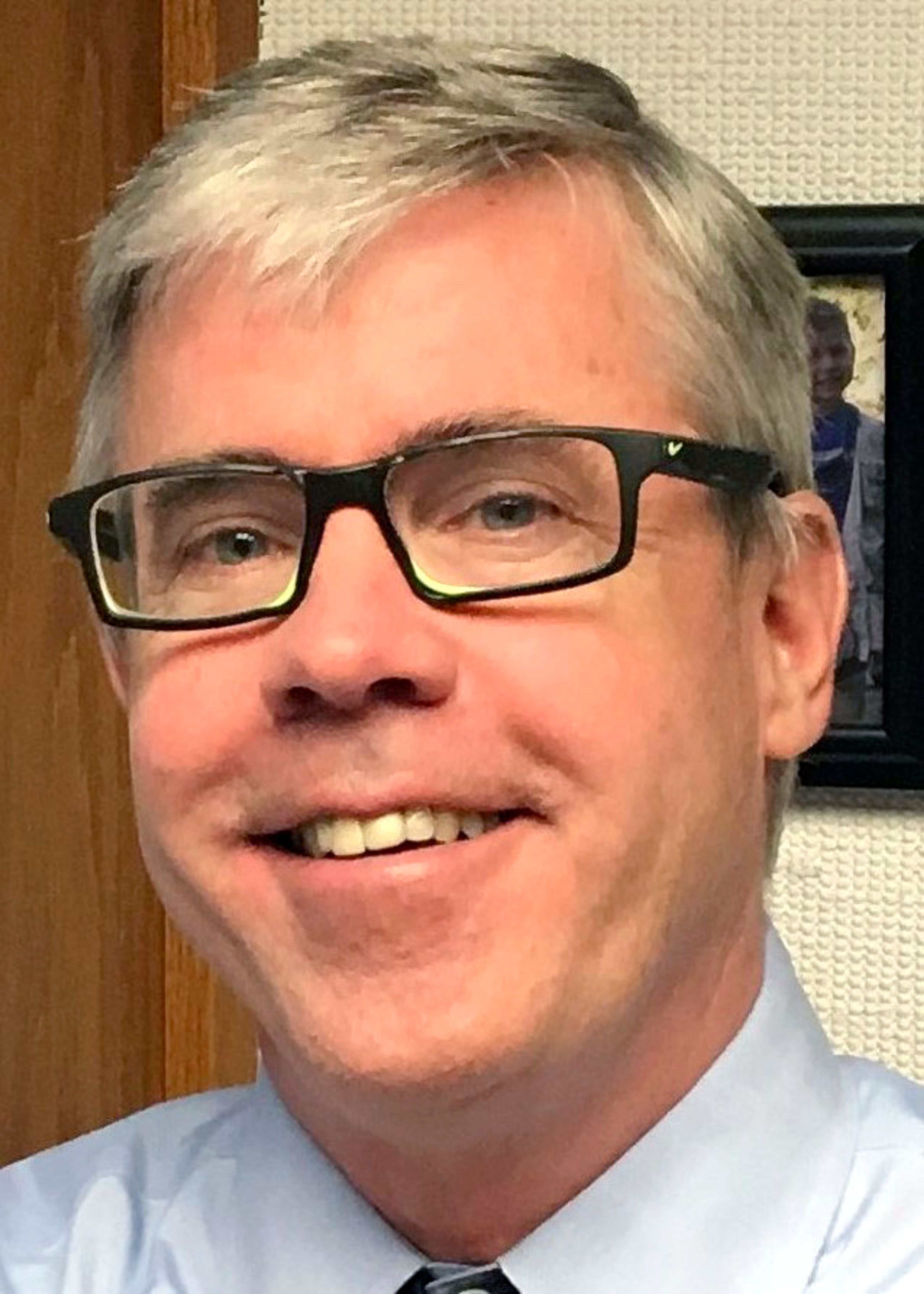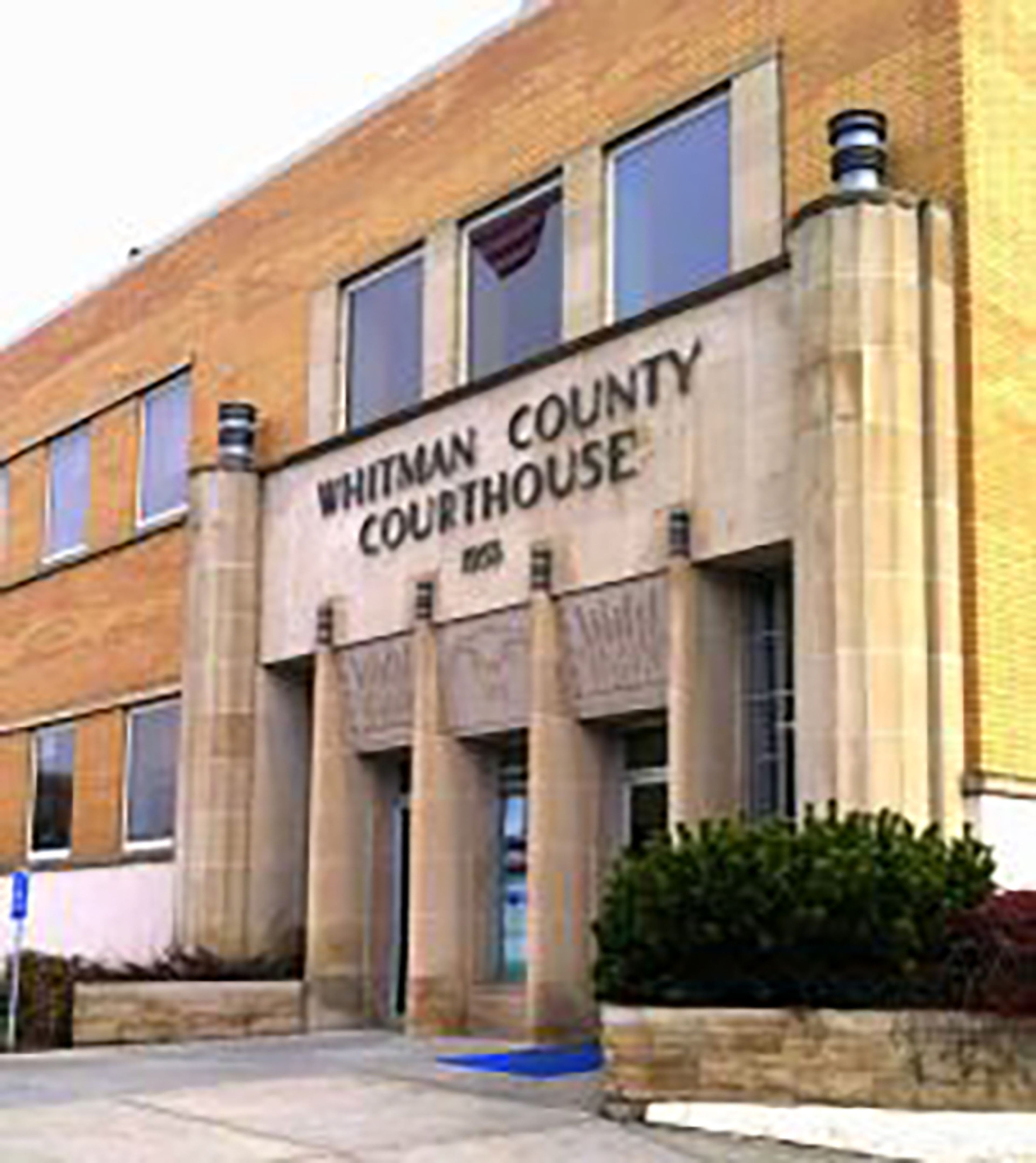Stories in this Regional News Roundup are excerpted from weekly newspapers from around the region. This is part two, with part one having appeared in Saturday’s Tribune.
———
COLFAX — The Washington Supreme Court is considering a major overhaul to public defense services, which could significantly reduce the number of cases individual public defenders handle.
The Washington State Bar Association (WSBA) and its Council on Public Defense are advocating for the reduction, citing overwhelming caseloads that have hampered public defenders’ ability to provide adequate representation.
Under the proposal, the number of felony cases a public defender can take on annually would drop from 150 to 50, with misdemeanor limits also reduced.
Whitman County Prosecuting Attorney Denis Tracy, however, is raising alarms over the financial and logistical impact such changes would bring to smaller jurisdictions, including Whitman County.
Tracy explained that Whitman County does not have a traditional public defender’s office. Instead, the county contracts with private attorneys to provide public defense services for indigent clients.
“Whitman County currently has a contract with three different public defenders,” Tracy said, clarifying that while these are private attorneys with their own practices, they are contracted to handle cases for the county on a rotating basis, depending on the seriousness of the charges.
“We’re paying these three attorneys about $400,000 between the three of them, and that contract is set to expire at the end of this year,” he said.
Tracy stressed that the current system is functioning effectively and provides competent legal defense for those in need.
“We have three excellent and experienced attorneys — Steve Martonick, Sandy Lockett and Roger Sandberg — handling public defense cases,” he said. “They’re efficient, and every defendant is provided with good representation. I’ve seen bad lawyers in this line of work, but none of them practice public defense in Whitman County.”
If the Supreme Court adopts the proposed changes, the impact on Whitman County could be severe, Tracy warned.
“If they impose these new caseload limits, we will need nine full-time attorneys instead of three, and that’s going to cost at least $1.5 million annually,” he said. “We’re talking about an extra $1 million a year for a service that’s already being provided effectively. “The WSBA’s proposed reductions follow a national study from the RAND Corporation, which found that current public defender caseloads are not sustainable and that lawyers handling fewer cases would ensure higher quality legal defense.
Tracy, however, expressed skepticism about the relevance of these findings to smaller counties like Whitman.
“The state bar is citing a ‘think tank’ study by RAND Corporation, which I don’t care about,” he said. “What happens in public defense in Indiana and Florida has no bearing on what’s happening here.”
Tracy also criticized the process by which the WSBA developed its recommendations.
“They didn’t consult the very lawyers they claim to represent. Now they’re proposing that we reduce caseloads by two-thirds, but where are the extra lawyers supposed to come from?” Tracy asked, noting that other counties in Washington have already faced a shortage of public defenders.
“In Benton County, for example, judges had to release individuals charged with serious crimes because there weren’t enough lawyers available to represent them,” he said.
While larger counties with in-house public defender offices may face different challenges, Tracy emphasized that the financial burden of hiring additional lawyers would be crippling for smaller jurisdictions.
“There is absolutely no good reason for the residents of Whitman County to have to pay an extra $1 million for something that’s already working well here,” he said. “It would be an outrageous injustice.”
The Washington Supreme Court first adopted caseload limits for public defenders in 2012, capping felony cases at 150 per year and misdemeanors at 300-400 per year.
These limits were put in place after extensive research by the state bar association, which surveyed attorneys and concluded that excessive caseloads were compromising the quality of legal representation.
However, Tracy pointed out that Whitman County’s system has operated within those limits for years without any problems.
Tracy also highlighted the WSBA’s recommendation to pay public defenders the same salaries as deputy prosecutors, a move he believes would further exacerbate the county’s financial strain.
“Right now, we’re paying just under $500,000 for public defense services,” he said. “Next year, that will go up slightly, but if these changes are implemented, we’re looking at a cost of over $1.5 million.”
The state Supreme Court is currently seeking public input on the proposal, with a deadline for comments set for the end of the month.
Tracy said he is drafting a letter to submit his concerns before the deadline.
“I expect to have that done by the end of the week,” he said.
The court’s justices will hold hearings next month to discuss the WSBA’s recommendations, with no immediate deadline for a final decision.
According to Justice Mary Yu, the deliberations will involve “robust discussion” before a decision is made.
For Tracy, the stakes are high. “I am fully in support of public defense,” he said. “Every person accused of a crime has the absolute right to a lawyer, and if they can’t afford one, the government must provide it. But there is no basis for imposing these drastic changes on counties like Whitman, where we already have good service in place.”
— Olivia Harnack, Whitman County Gazette (Colfax), Thursday
Idaho County Commission: Cottonwood solid waste station dispute; Elk City ‘not a taxing district’
GRANGEVILLE — Back from the annual Idaho Association of Counties conference, Commissioners Skip Brandt, Denis Duman and Ted Lindsley resumed their regular meeting Oct. 1. Clerk Kathy Ackerman and attorney Matt Jessup were present.
Agenda items up first for approval included a letter to the Forest Service, urging it to listen to local governments regarding the National Old Growth Amendment (“The proposed amendment is intended to provide consistent direction to conserve and steward old-growth forest conditions in response to rapidly changing climate conditions,” fs.usda.gov). More information can be found at this site by accessing the Old Growth Amendment Project.
Also approved were two new laptops for the sheriff’s office and a wage increase for a deputy; the city of Kooskia contract for law enforcement with the sheriff’s office; a 3% increase for the coroner, sheriff and weed departments; pathology services between Idaho and Ada counties; a dispatch agreement between Syringa Hospital and Riggins; and the hiring of sheriff’s deputy Robert Watkins.
Barbara Grimm, county mapper, was at the meeting to discuss the need for a fee structure to follow when professional services are provided by the county, such as the current redrawing of Mtn. View School District 244 and trustee boundaries as deconsolidation of the district is being considered. It was discussed and decided it will be a fee of $500 for government agencies and an hourly charge for others. Grimm will invoice the school district for $500 now, and then will let them know about the decision on the hourly rate at that time.
The commissioners then held a discussion on the county-owned building where the Elk City EMS team keeps the ambulance. Lindsley, who owns a weekend home there, brought a collection of photos showing the condition of the building. It has broken windows, no shower for the ambulance crew, a non-code hot water heater that will not heat water above 60 degrees, and unsightly exterior siding.
“So, the Elk City EMS is going to become a search central service for Idaho, and since we (the county) are the owner, and those volunteers up there put the money they do make toward buying and maintaining an ambulance and supplies, and taking care of tourists and constituents who live up there. So maybe this is our opportunity to get in there, do some safety upgrades. We don’t have a lease agreement now,” Lindsley said.
Brandt responded, “In my mind, Elk City needs to step up and form a city or form an ambulance and fire district, and we’ll give it to them. We have no use for it, but we can’t just give it to a private entity, which they (Elk City) are at this point.”
“Anything that we put into this we take from Riggins’s brand new ambulance district,” he continued. “We’re taking their tax dollars and giving it to this area that doesn’t want to take that next step of taxing themselves. Why would the rest of the taxpayers of Idaho County reward them?”
Brandt added, “They need to understand that because they’re not a taxing district, the only thing that is insured is the ambulance. If they formed a taxing district, they could apply for grants.”
Discussion included the reason residents decide to live in Elk City and that they would probably vote no. Brandt pointed out that they (the commissioners) once were able to declare it a district and begin taxing, but it was not done because they believed the people need to decide for themselves.
“Elk City is unique, and people live there because it’s off the beaten path. They don’t care what things look like. They just want solitude,” Brandt said.
Duman commented, “We moved our road department into the other highway shop, and this became available for them to park their ambulance in. They got this for free, but I can just hear it said, ‘It’s a county building so we’re not going to do anything to it.’ ”
Discussion ended with the question of liability to the county and that the commission will allow pre-authorization for any work they want to do as long as it now meets new codes. Attorney Jessup advised a lease could be drawn up requiring liability insurance that would take the county “off the hook” if someone were electrocuted, for instance, from the risky wiring in there now. There will be more discussion in the future.
Guy VonBargen, road and bridges supervisor, reported that the temporary bridge in Orogrande is now in place and there are plans to sealcoat the Tahoe area, including Clear Creek to the top.
Robert Simmons of Simmons Sanitation Service was at the meeting to defend the decision to locate a privately owned transfer station for solid waste on property in Cottonwood (located south of Cottonwood Butte Road and just past the cemetery and the Seubert RV Park). According to Simmons, the transfer station will be entirely enclosed, with vehicles entering, dumping loads, and driving out without it being visible to residents.
There were 12 Cottonwood residents at the meeting who voiced strong objections. Their concerns included the hazards of trucks turning off Idaho Highway 95; noise, especially during graveside services at the cemetery; it is adjacent to the school grounds; it is an eyesore; that it will decrease of property value of homes nearby; and fear of blowing trash.
A primary source of anger is their belief that the county and Simmons are foisting it on the citizens without input from the people of Cottonwood, and that many residents were not aware of it happening. The points for each side of the issue were made for about an hour, and the discussion ended when the commissioners needed to move on with the rest of the meeting’s agenda. Simmons stated that he would meet with the contractor the next day.
“As long as that all goes well, I will send it to at the engineers and then they can put the conceptual drawing together,” Simmons said.
A meeting at the Cottonwood Community Hall for the townspeople is planned.
— Lyn Krzeminski, Idaho County Free Press (Grangeville), Wednesday








